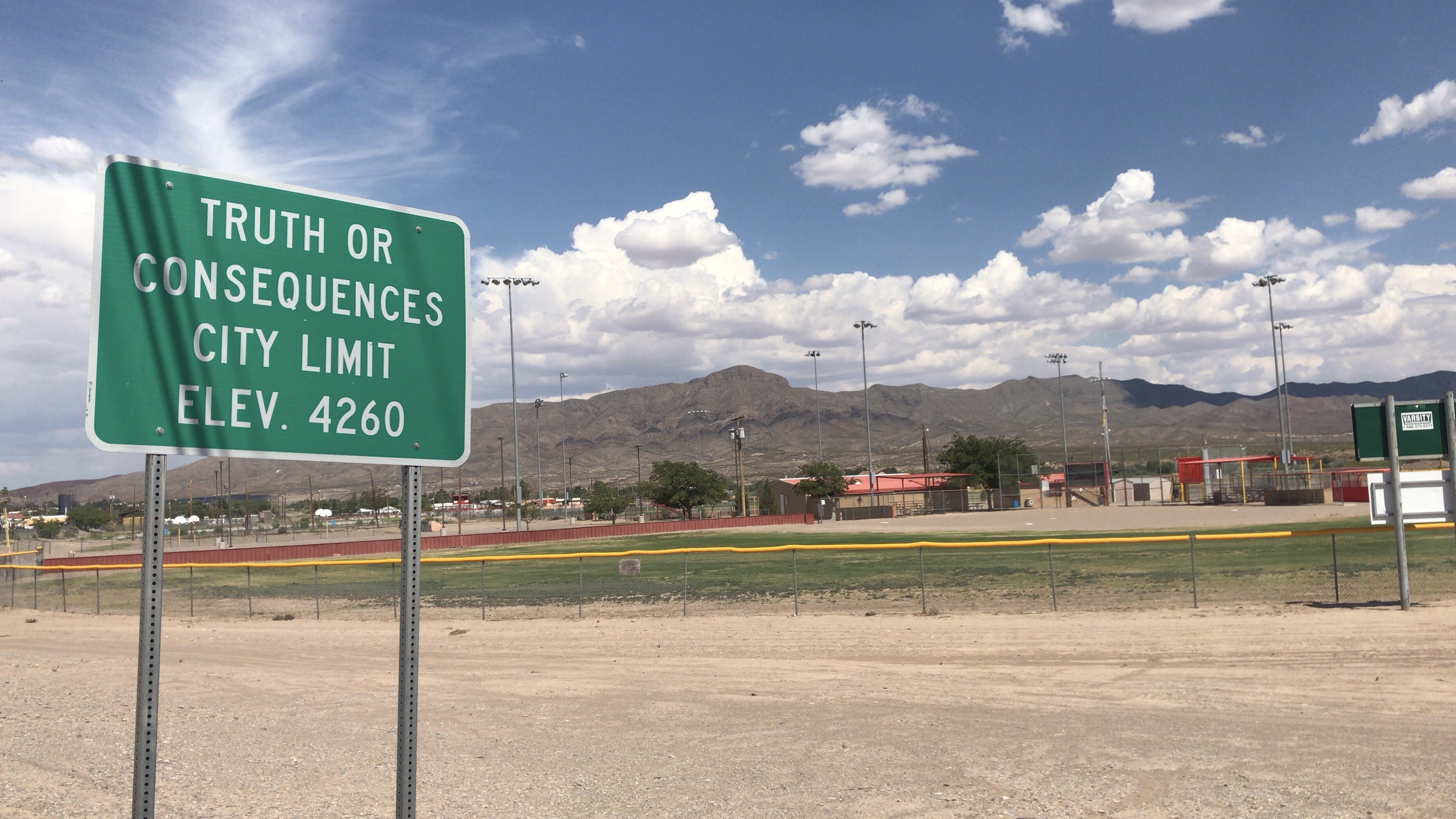AustLit
-
I dedicate some time to explaining Hobbes' philosophy of language, as it is foundational to his metaphysics. His belief that we cannot speak meaningfully of things which do not exist corporeally leads him to materialism, and therefore his disbelief in the mind/body dualist approach.
His position rejects any concept of 'forms' or universals resembling the Scholastic approach: instead, he argued the only universalisable thing could be words themselves, which can be universalised to describe groups of things, rather than those things having a universal among them already (Hobbes 1651: 15). This also involves refuting any duality of body with a non-physical 'mind'. While Hobbes does not directly mention Descartes, other areas of his writing include uses of Descartes' terminology, such as his discussion of automata, and it is easy to conceive that Hobbes would have read Descartes' work, publishing The Leviathan ten years after The Meditations were first published.
Hobbes is concerned with accurate depiction and the truth in language. He distinguishes carefully between words which speak of the world around us, which speak merely of how the world affects us such as terms for colours and sound, and which are used for computations of logic we can then accurately share with others. He discusses the different misuses of words and argues that this should never occur, for then one is deceiving either herself or someone else (Hobbes 1651: 14-15). The binding power of words and this imperative to tell the truth provides context for social contracts later in Hobbes' theory.
Seeing then that the truth consists in the right ordering of names in our affirmations, a man who seeks precise truth needs to remember what every name he uses stands for, and to place it accordingly; otherwise he will find himself entangled in words like a bird in lime twigs: the more he struggles the more thoroughly he is belimed. (Hobbes 1651: 13).
It is significant how early he was to this particular conversation; while Hobbes is primarily remembered as a political philosopher, the philosophy of language had few contributors at the time, others being Hume and Locke. Therefore, Hobbes was a reference point for many of the later discussions about language, existent and non-existent objects, and how it facilitates our knowledge and meaning-making.
You might be interested in...





